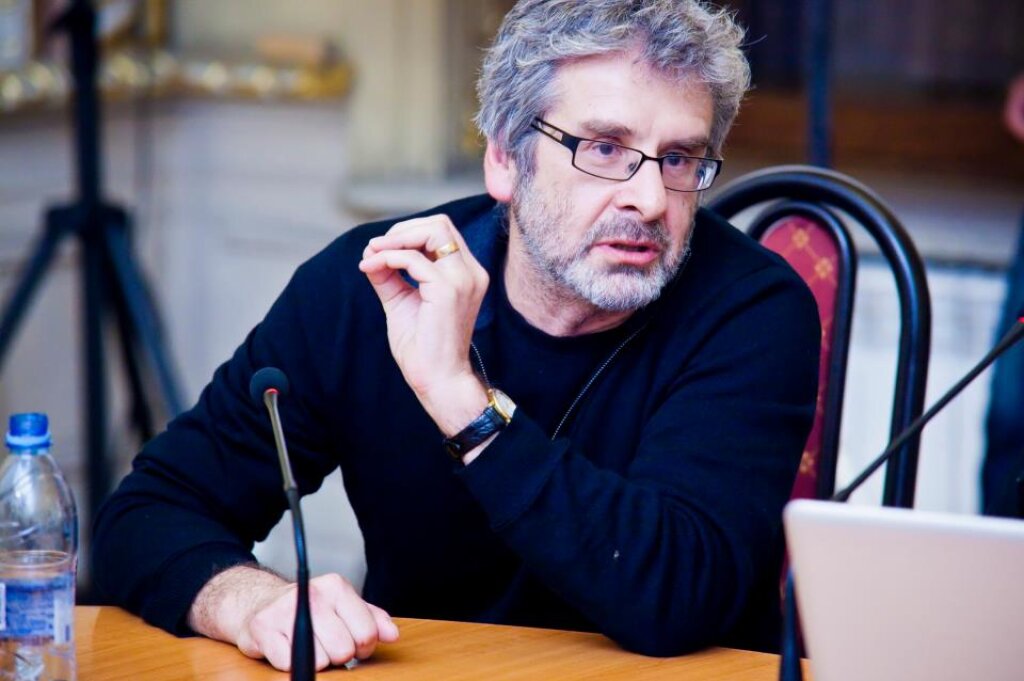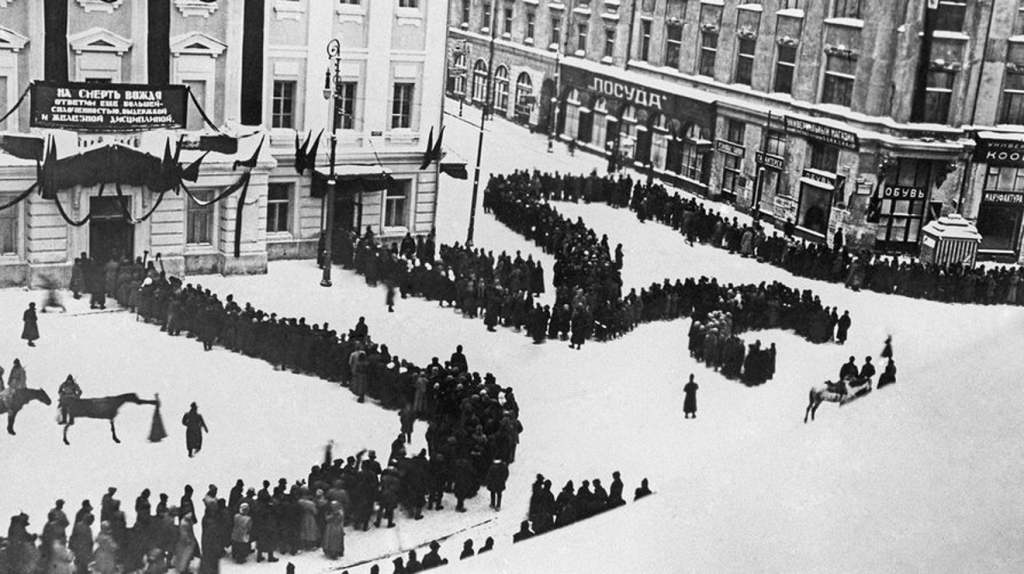Join us for a lecture by Alexander Etkind (European University Institute, Florence) on the role of oil as a Russian resource. Commentary provided by Alison Frank (Harvard University), Sara Brinegar (Wisconsin), Andrew Needham (NYU), and Anne O'Donnell (Harvard University), and Stephen Gross (NYU). The panel will be moderated by Bruce Grant (NYU).
Oily Grip of Power: Towards a Critical Theory of Hyper-Extractive State
Revivifying the classical problem of “oil course”, the current contrast and conflict between Ukraine and Russia invites new theoretical ideas. Institutional economists have introduced a typology of extractive and inclusive states (Acemoglu and Robinson, 2006, 2012; North et al, 2012), to which I am adding a concept of hyper-extractive state. Such a state does not extract the value that is added by human labor, but gets it directly from nature with a miniscule participation of the people. In a hyper-extractive state, the population is economically superfluous and politically irrelevant. Rather than being the source of the nation’s wealth, people become the object of the charity of the state, and human capital decays in a vicious circle. Characterized by vast disparities between the trading elite and the idle populus, and also by routine violence from the former towards the latter, the hyper-extractive petrostate resembles the colonial regimes of the past, with a significant difference: this is a regime of internal colonization, which takes place within the national territory but emancipates itself from its own population. A hyper-extractive state does not match the liberal-democratic view of the state as the collective representation of individual choices that is secured by democratic procedures. It is also different from the social-democratic view of the state as a mechanism of compromise between labor and capital, which is secured by strikes, trade unions, and other forms of class struggle. A critical theory of hyper-extractive state assumes that natural differences among commodities define political developments in resource-bound countries. In the era of coal, the miners’ organized labor held serious power and a strike could paralyze the economy of the region (Mitchell 2011). Oil and gas, on the other hand, require very few people to work the drills and pumps. The real challenge is the security of delivery lines: tankers on the high seas or pipelines in the vast terrain are vulnerable to the enemy. If in the coal economy the miner was the major figure and the strike was the major threat, in the oil economy, the central figure is the security guard, and the major threat is the terrorist attack. Since security costs play a major part in the price of oil, security specialists gain unusual power in an oil-dependent economy. Combining the functions of asset owners and security providers, this petrocracy is a group of the rich and powerful with roots among security operatives, rents from the gas-and-oil fields and pipelines, and privileges that have become hereditary. Double monopoly of the state – on natural resources and security services – is not only a visible feature of contemporary Russia, but also a driving mechanism of any hyper-extractive Leviathan.



